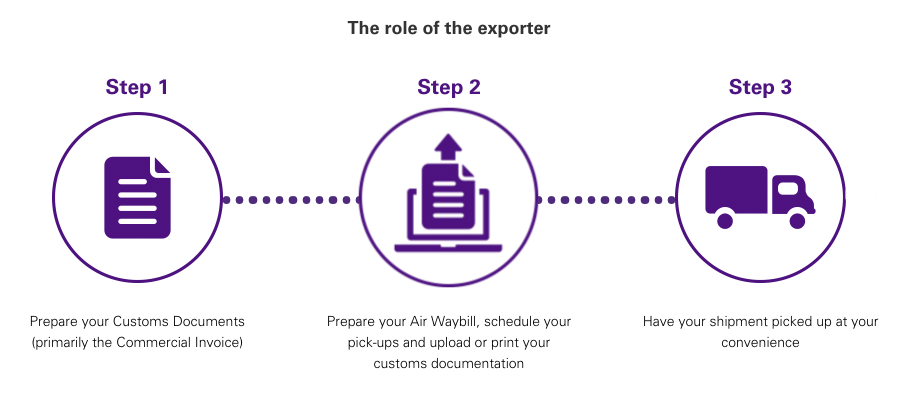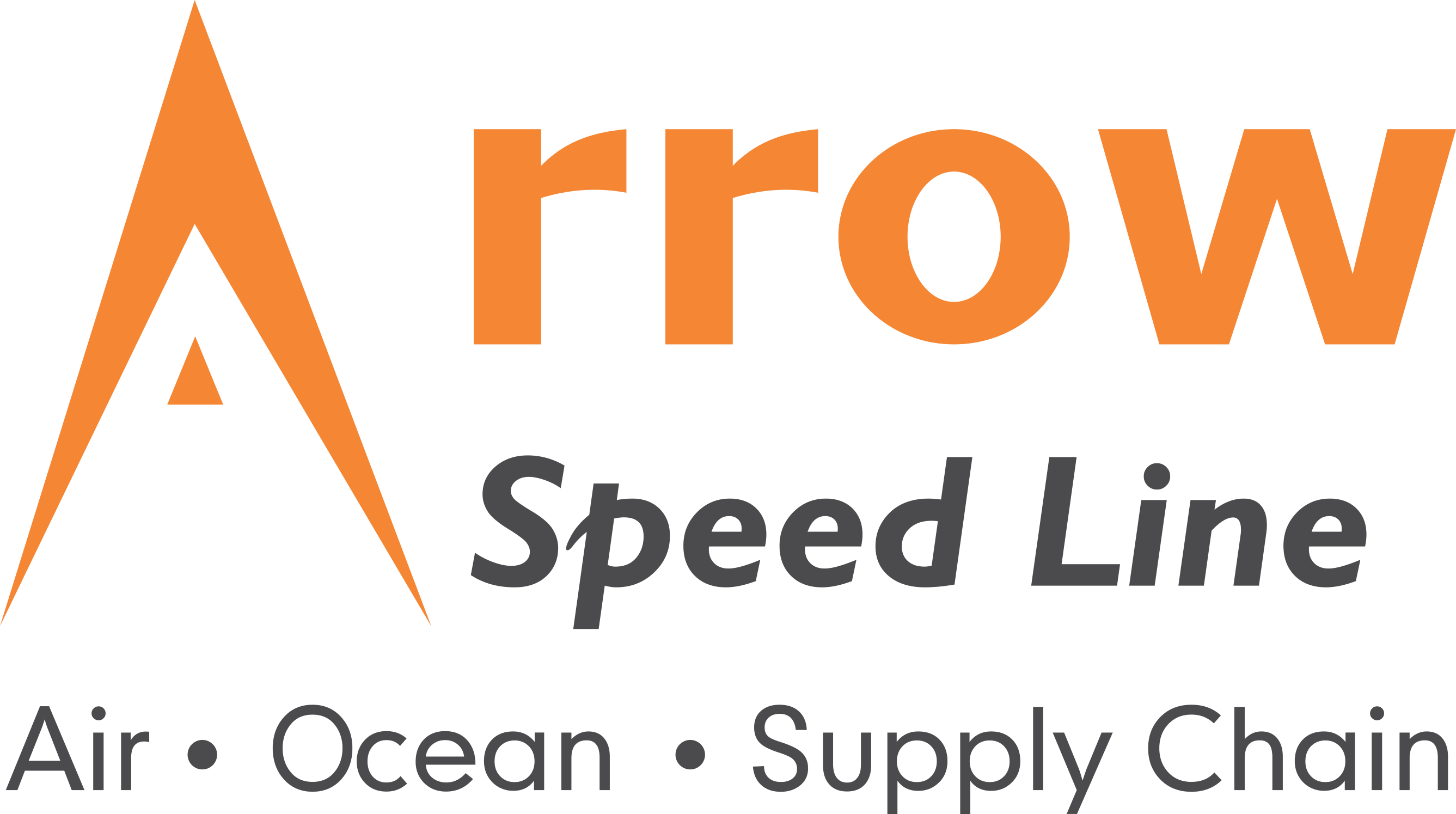The importer of record / declarant
Definition and role: Customs compliance requires a very important role, known as the importer of record or declarant. The appointed importer of record is the person or entity officially responsible for ensuring the import transaction complies with all the regulations in that country, that goods are correctly valued, pays the relevant taxes and duties and files all the correct documentation and permits.
Who can act as the importer of record / declarant?
The requirements for who can act as the importer of record differ between countries. In many cases, the consignee (or owner of the goods at the time of import) may act in this role.
Sometimes, particularly in less straightforward transactions, it’s necessary to appoint an agent or broker or some other legal entity in the destination country, to act as the importer of record on their behalf.
Appointing an importer of record can help to avoid confusion about who actually has ownership of the goods when a transaction involves suppliers, distributors and end-users. The IOR becomes the temporary owner of the goods until the goods have been accepted by a distribution centre.
The exporter
Definition and role: The exporter is the person or company that is authorised by customs and government authorities to export goods from one country into another. The exporter may or may not be the actual seller of the goods, but an entity acting on their behalf.

The consignee
Definition and role: Once the goods are cleared through customs, the consignee is the party who takes ownership of them. In a straightforward import/export transaction, the consignee is usually the party paying import duties and taxes.
The consignee can be a private individual consumer (ordering goods from an overseas business), or it can be another business.
If a business has imported its own goods, either for its own internal use, for storage, or for distribution at a later date, it is both the importer and the consignee.
The different roles and responsibilities involved in customs clearance can be complex and vary from country to country, so it’s worth getting expert advice if you’re not familiar with the process.

